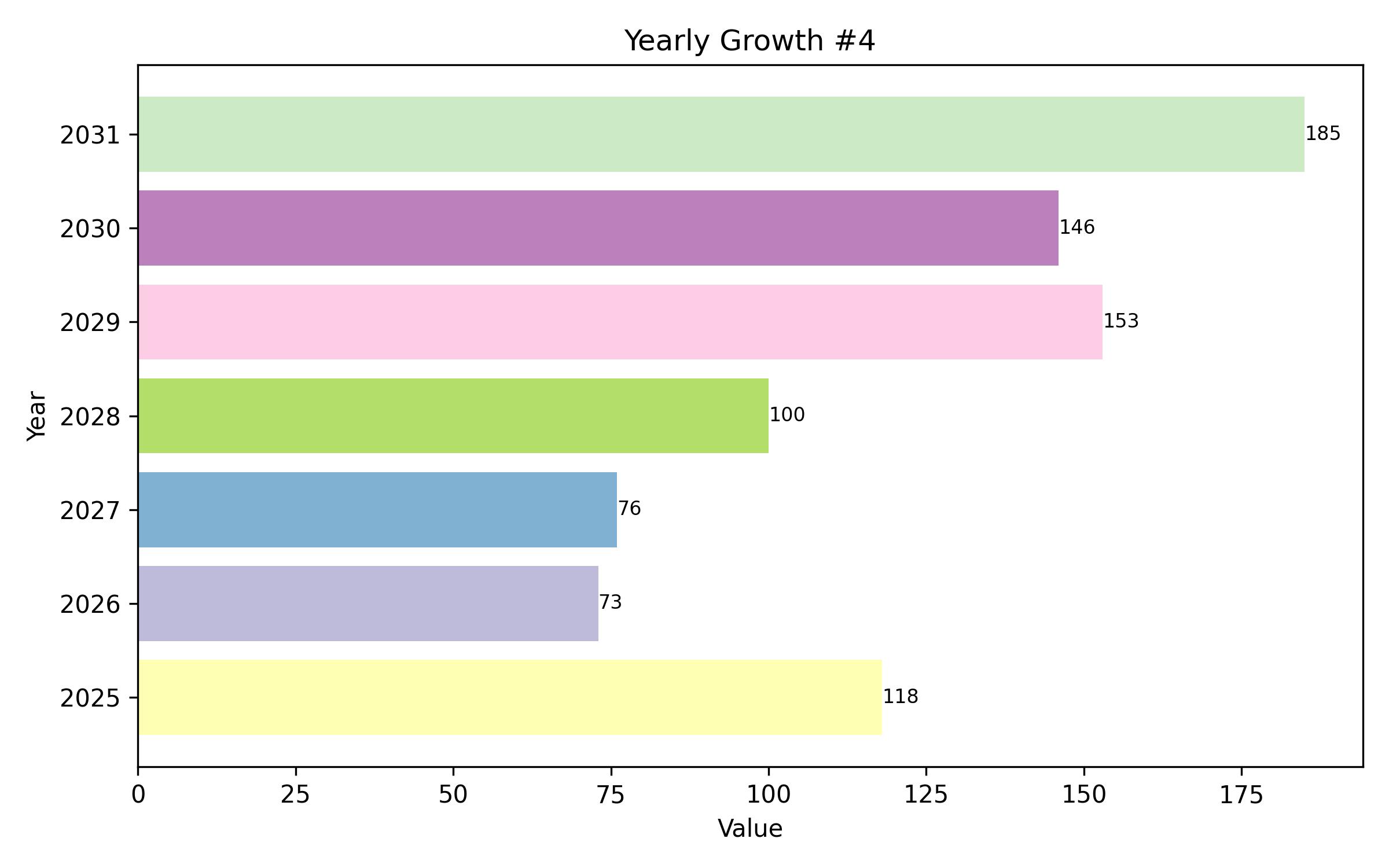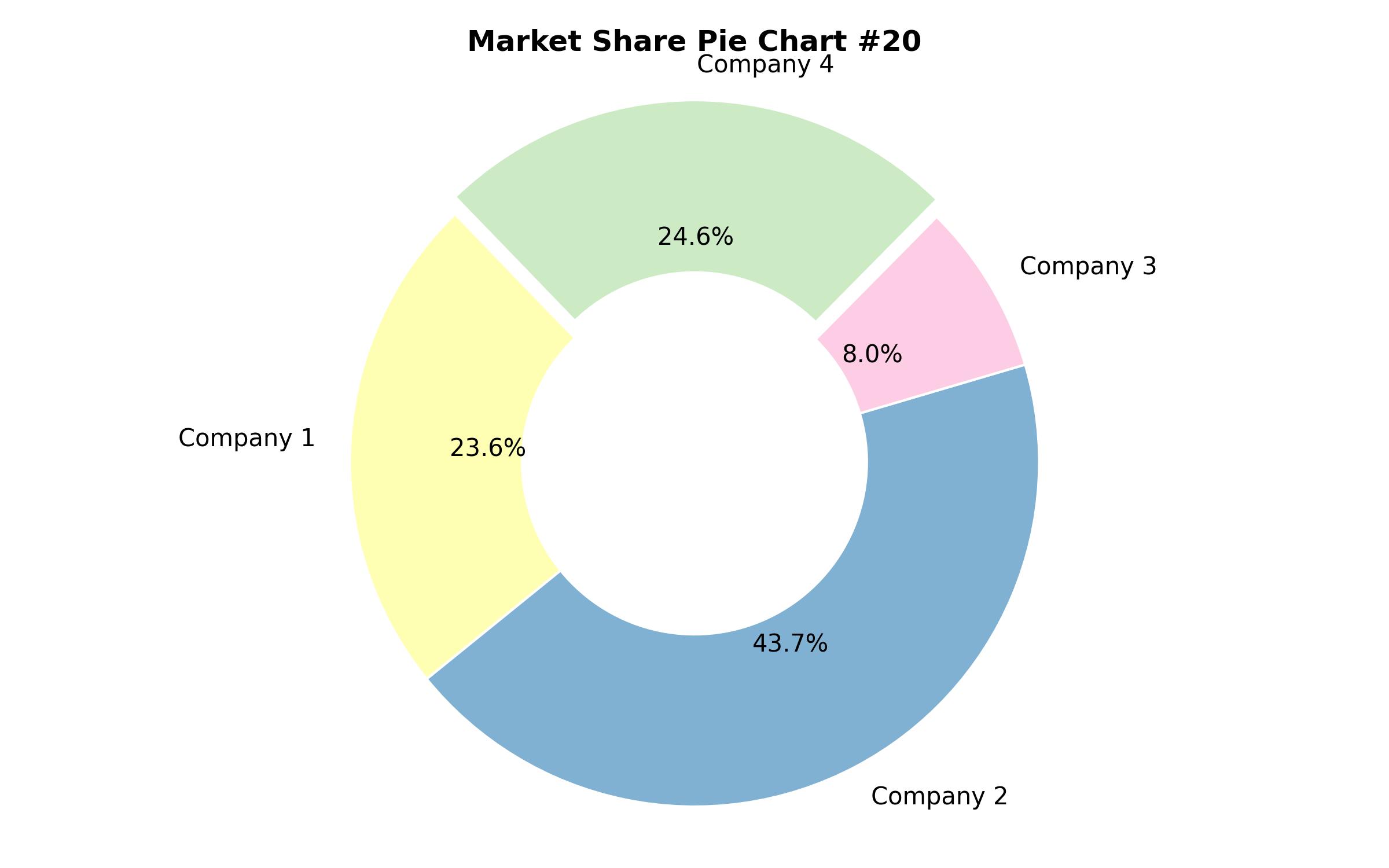Japan’s Building Automation System Market: Industry Analysis, Trends, and Growth Forecast to 2035
Overview:
The building automation system market in Japan is projected to attain a valuation of approximately USD 2.7 billion in 2025. The market is set to expand at a compound annual growth rate (CAGR) of 8.1% during the forecast period, reaching an estimated value of USD 5.85 billion by 2035.
In 2024, Japan’s market for building automation witnessed considerable expansion due to increased deployment of smart infrastructure. This trend was fueled by stricter energy efficiency regulations and government incentives supporting the development of net-zero buildings. Commercial structures, including offices and retail centers, were significant early adopters of these systems, largely driven by the necessity to reduce energy consumption and meet sustainability goals.
Leading entities in the sector concentrated on deploying AI-driven energy management tools, improving the efficiency of heating, ventilation, and air conditioning (HVAC) systems, and automating lighting controls. Furthermore, rising worries about digital security led to substantial investments in advanced data protection measures to safeguard increasingly connected building environments.
The year 2025 is anticipated to see continued expansion, boosted by supportive government schemes and initiatives promoting smart urban development. The residential sector also holds significant potential for growth as consumer interest in home automation and energy monitoring systems continues to rise. The ongoing rollout of 5G networks and edge computing capabilities is expected to further enhance the real-time functionality of building automation systems across various applications.
Beyond 2025, the market trajectory will be heavily influenced by the broader integration of artificial intelligence, machine learning, and cloud computing for more sophisticated automation. Retrofitting existing buildings with smart technologies will remain a key focus. Furthermore, national targets for carbon emission reduction will consistently stimulate demand for advanced, energy-efficient automation solutions. This sustained push for sustainability and digital transformation positions Japan’s market for consistent growth over the long term.
According to a survey conducted by Future Market Insights among key industry participants, including manufacturers, facility managers, technology vendors, and regulatory bodies, a strong emphasis on energy efficiency was evident. A significant 70% of respondents highlighted the need for advanced automation technologies to decrease operational expenses. Interest in AI-powered energy management systems designed to optimize power usage and improve building sustainability also featured prominently in the survey findings.
Cybersecurity emerged as a critical concern, with safeguarding data in interconnected automation infrastructure identified as a considerable obstacle by 62% of participants. Investments are being directed towards robust encryption and proactive threat detection as reliance on IoT and cloud-based automation intensifies. Interoperability challenges among diverse building automation components were also noted, with facility operators facing difficulties in integrating existing systems with new technological deployments.
The survey also indicated that retrofitting older structures with modern automation is a priority for 58% of industry professionals. Barriers such as initial investment costs and complex installation processes were highlighted as inhibiting widespread adoption. Stakeholders expressed a desire for government incentives and policy support to accelerate market penetration, particularly within the commercial and industrial sectors. Initiatives aimed at achieving net-zero energy buildings are promoting advancements in energy metering and HVAC automation technologies.
Government policies and regulations play a crucial role in shaping the adoption landscape of building automation systems in Japan. Stringent energy efficiency mandates and compulsory certifications exert significant influence on building design and operation, necessitating the implementation of advanced automation solutions to ensure adherence to contemporary environmental and energy performance standards.

| Report Attribute | Details |
|---|---|
| Market Size in 2025 | USD 2.7 billion |
| Revenue Forecast for 2035 | USD 5.85 billion |
| Growth Rate (CAGR) | 8.1% from 2025 to 2035 |
| Base Year for Estimation | 2024 |
| Historical Data | 2020 – 2024 |
| Forecast Period | 2025 – 2035 |
| Quantitative Units | Revenue in USD million/billion and CAGR from 2025 to 2035 |
| Report Coverage | Revenue forecast, company market share, competitive landscape, growth factors, and trends |
| Covered Segments | System, application, and region |
| Regional Scope | Japan |
| Country Scope | Japan |
| Key Companies Analyzed | Siemens AG; Honeywell International Inc.; Schneider Electric; Mitsubishi Electric Corporation; Johnson Controls International plc; Toshiba Corporation; Fujitsu Limited; Azbil Corporation; Delta Electronics, Inc.; Yokogawa Electric Corporation; OMRON Corporation |
| Customization Options | Free report customization (up to 8 analysts working days) with purchase. Changes to country, regional, and segment scope |
| Pricing and Purchase Options | Customizable purchase options for tailored research needs |

Report Coverage & Deliverables
- Market Trends And Dynamics
- Competitve Benchmarking
- Historical data and forecasts
- Value/Volume analysis
- Company revenue shares and key strategies
- Regional opportunities
This is an indicative segmentation. Please request a sample report to see detail segmentation of this market.
Detailed Market Segmentation
- By System
- HVAC Control System
- Building Energy Management System (BEMS)
- Lighting Control System
- Security and Access Control System
- Fire Safety System
- Building Management System (BMS)
- By Application
- Commercial
- Residential
- Industrial
- By Region
- Japan
Table of Content
- Executive Snapshot
- Market Overview
- Key Market Factors
- Key Success Indicators
- Historical Market Analysis 2020 to 2024
- Market Forecast 2025 to 2035
- Market Value (USD Billion) Analysis 2020 to 2024 and Forecast 2025 to 2035
- Market Background
- Market Analysis 2020 to 2024 and Forecast 2025 to 2035, By System
- HVAC Control System
- Building Energy Management System (BEMS)
- Lighting Control System
- Security and Access Control System
- Fire Safety System
- Building Management System (BMS)
- Market Analysis 2020 to 2024 and Forecast 2025 to 2035, By Application
- Commercial
- Residential
- Industrial
- Market Analysis 2020 to 2024 and Forecast 2025 to 2035, By Region
- Japan
- Japan Market Analysis 2020 to 2024 and Forecast 2025 to 2035
- Regional Market Analysis 2025 & 2035
- Industry Structure Analysis
- Competitive Landscape
- Company Profiles
- Siemens AG
- Honeywell International Inc.
- Schneider Electric
- Mitsubishi Electric Corporation
- Johnson Controls International plc
- Toshiba Corporation
- Fujitsu Limited
- Azbil Corporation
- Delta Electronics, Inc.
- Yokogawa Electric Corporation
- OMRON Corporation
- Assumptions and Acronym Definintions
- Research Approach
